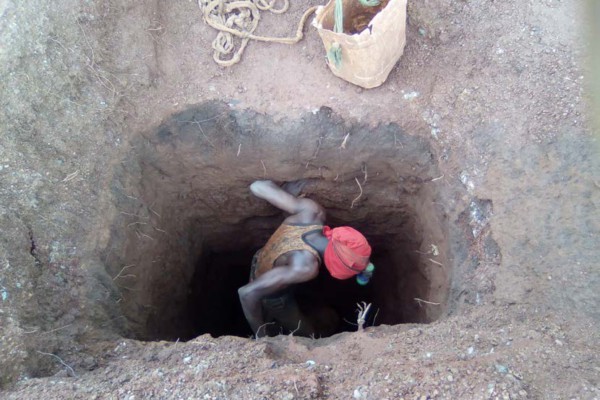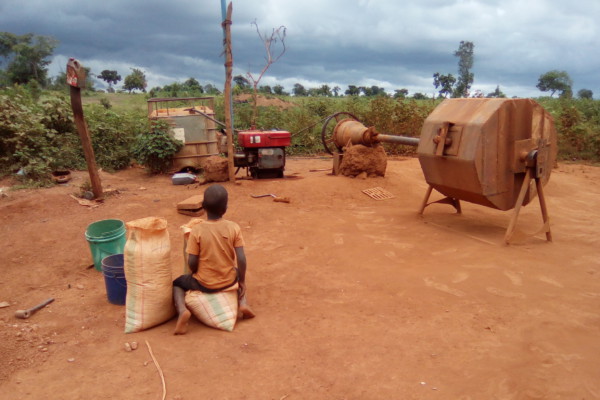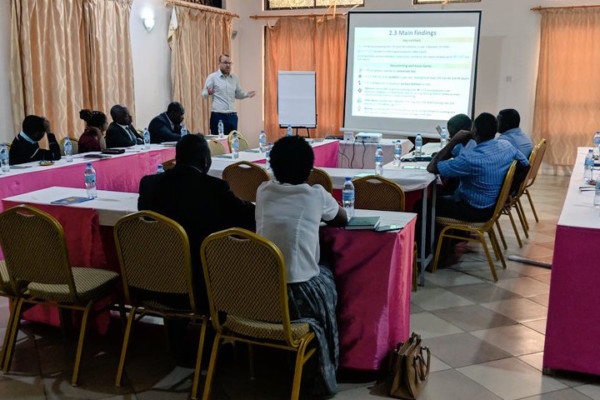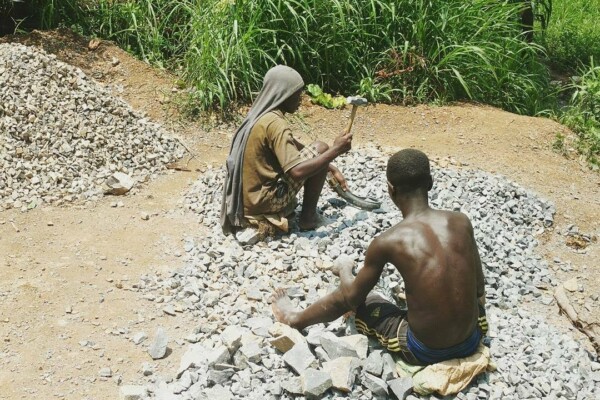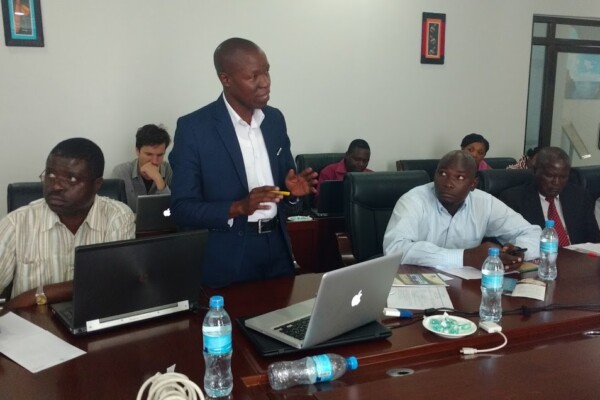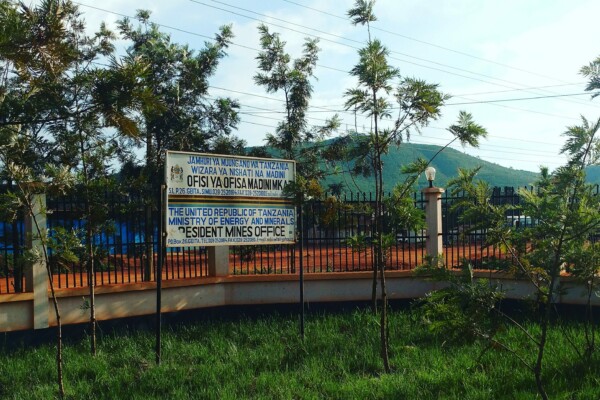In January 2017, IPIS started working on a project to map the socio-economic and human rights impact of mining in northwest Tanzania. Funded by the Belgian Development Cooperation as part of a programme on Human Rights and Digitalisation, the project used digital technologies to bridge information gaps around mining in Tanzania. The project focussed on the four regions of Geita, Shinyanga, Mara and Kigoma.
In a first phase, IPIS undertook a broad mobile survey on the socio-economic and human rights impact of both small and large-scale mining. IPIS surveyed around 450 artisanal mining and processing sites in northwest Tanzania. With regard to large-scale mining, IPIS brought local community perceptions on industrial mining to the centre of the debate, through surveys in 32 villages near six industrial mines. On this basis, IPIS drew a balanced picture of harms and benefits, of good and bad practices, of challenges and opportunities in the sector. The ouputs served to inform governmental, non-governmental and corporate actors in adjusting their policies and practices to improve the societal and human rights impact of both artisanal and industrial mining.
In October 2018, IPIS piloted a phone-based stakeholder engagement platform for Tanzania’s mining sector. The platform enabled a two-way communication with communities working in and living around mining areas in northwest Tanzania. On the one hand, it allowed a selected group of informants to anonymously report incidents occurring in the mining sector via their mobile phones. On the other hand, the platform was used to send out mobile surveys on selected topics. In this way the platform served to compleme and update contextual data on the impact of the mining sector in a hands-on and prompt manner.
- Dates: 2017 - 2019
- Location(s): Northwest Tanzania
- Research Programme(s): Business & Human Rights, Natural Resources
- Funder(s): The Belgian Development Cooperation
- Activities: Capacity Enhancement, Data Collection, Incident Reporting
- Deliverable(s): Reports, Webmap, Open Database
Project Coordinator

Related Publication(s)
News
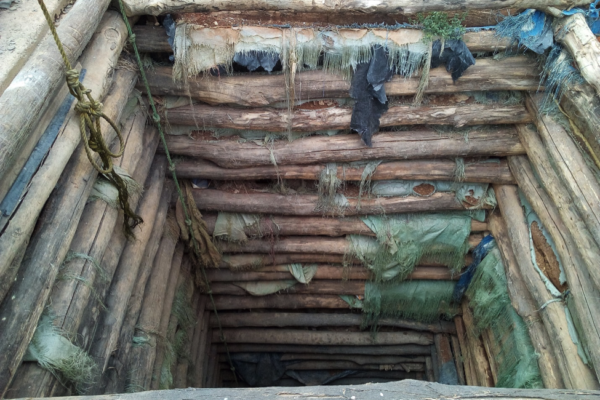
IPIS witnesses land disputes, environmental challenges, use of toxic mercury and human rights violations in small and large scale-mining in Northwest Tanzania
Ikungu Mining and Processing on the shores of lake Victoria (Photo: IPIS) With the support of the Belgian Development Cooperation, IPIS has launched a mapping project of the socio-economic and

